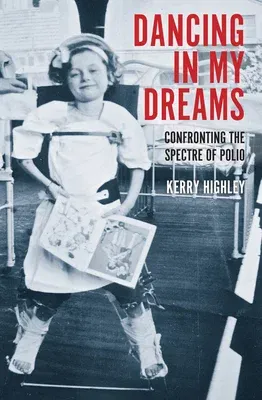Across most of the world, an entire generation has lived free from the
specter of polio, but, for 50 years during the 20th century, that fear
was overwhelming. Polio rapidly became every parent's worst nightmare.
Epidemics arrived silently, often with symptoms that could easily be
mistaken for a common cold, and dreadful suddenness. Those who were
fortunate enough to survive infection often faced an unfriendly and
unhelpful world. Appropriate treatments for polio survivors were
fiercely debated. In pre-World War II Australia, two women symbolized a
dramatic rift between the medical community's orthodoxy and those who
advocated alternative therapy. In Victoria, Dr. Jean Macnamara used
splints, plaster casts, and braces for treatments. Sister Elizabeth
Kenny - in her clinic in Townsville and later in the US - championed and
practiced an alternative approach of little or no form of constraint for
the paralyzed body, advocating gentle exercise of muscles in the early
acute stage of the disease, along with hot packs to relieve pain,
spasms, and muscle tightness. By the 1950s, most Western countries had
abandoned the orthodoxy of immobilizing polio survivors in plaster casts
for months on end. In Australia, where the medical establishment was
largely unquestioned, this treatment was to remain dominant until the
1960s. Dancing in My Dreams investigates the disease of polio and its
treatment over a long period, the scientific endeavor that led to the
discovery of the polio virus, and the early studies in virology and
immunology that culminated in the production of a polio vaccine. As the
frequency of polio epidemics have declined, so has the collective memory
of the experience of the disease. But, there is no cure. The growth of
anti-vaccine sentiment in many societies is a complicated issue, but, as
this book ends by noting, the success of a vaccination program depends
on the cooperation of individuals. As long as a single child remains
infected with polio, all unvaccinated children throughout the world will
be at risk. *** Kerry Highley's often harrowing account is thoroughly
researched and well-written. Part medical history part social history,
this book should find a broad readership among those who enjoy quality
Australian nonfiction. Dancing in My Dreams should be required reading
for the anti-vaccination crowd. -- Dave Martus, Books+Publishing
(Series: Australian History) [Subject: Medical History, Australian
Studies, Virology]

